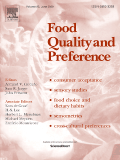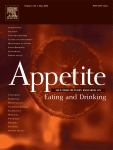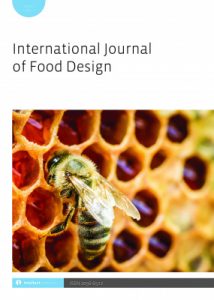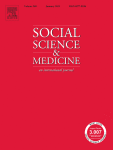
Eating is More Than Food Only or why Social Context Matters for Your Child’s Healthy Development by Tija Ragelienė Food and eating is an inseparable part of our everyday lives. We need food simply to survive and have energy for our daily activities. However, eating is not just a simple physiological action, but also a…

Roselinde van Nee (ESR4) published her first PhD paper in collaboration with her supervisors Ellen van Kleef and Hans van Trijp. The paper is about preadolescents’ healthy food consumption at schools in the Netherlands. A total of 142 preadolescents (on average 12 years old) and 81 parents completed questionnaires. Making independent food choices To what…

Julia Sick (ESR3) recently published a paper on the meaning of emoji to describe food experiences in preadolescents in the journal Foods. The paper was in collaboration with Erminio Monteleone, Lapo Pierguidi, Sara Spinelli (University of Florence) and Gaston Ares (Universidad de la República in Uruguay). The paper has open access and can be found…

Research suggests that children can use sensory temporal methods to describe visual stimuli, but refinements are needed for the characterization of food products. Ana Laura Velázquez Universidad de la República Uruguay There is no doubt that children’s input is essential to develop successful healthy products. Sensory methods need to be adapted to children’s cognitive abilities…

Abigail Pickard (ESR10) recently published a paper on the relationship between food rejection and thematic knowledge of food in young children in the journal Frontiers in Psychology. The paper has open access and can be found here Young children often reject foods because they feel unfamiliar with the food itself or the food situation. Having…

From March until May 2020, a first strict lockdown took place in France to limit the spread of the highly contagious coronavirus SARS-CoV-2. Schools were closed and working from home was enforced, which had a profound impact on families’ habits. ESR7, Kaat Philippe, and her colleagues conducted a study with 498 French families to investigate…

Martina Galler (ESR1) recently published an opinion paper in collaboration with her supervisor, Paula Varela and a college from the innovation team, Antje Gonera at Nofima in Norway. The abstract was written for the Creative Tastebuds symposium with the question: “How can our sense of taste save the planet?” and then extended to an article…

The results suggest that online nutrition content about sugar causes negative feelings and distress among parents The research was conducted by #ESR8 Andreia and Jessica Aschemann-Witzel in Aarhus University – Denmark. The researchers analyzed content posted by parents about sugar on Facebook and blogs. In the online discussions, sugar consumption appeared as a two-sided experience,…

A recent study suggest that parents feel overwhelmed wit online nutrition content about sugar and other dietary issues. In this Infographics, recommendations for communication with parents based on their interest are presented. The recommendations are based on this study by Andreia Ferreia de Moura (ESR8).

Dairy products are an important part of children’s diet. However, a large proportion of the products targeted at them contain an excessive amount of added sugar. ESR1, Ana Laura Velázquez, conducted a study with 126 Uruguayan children (8 to 13 years old) to study how children react to sugar reduction in three popular dairy products:…










